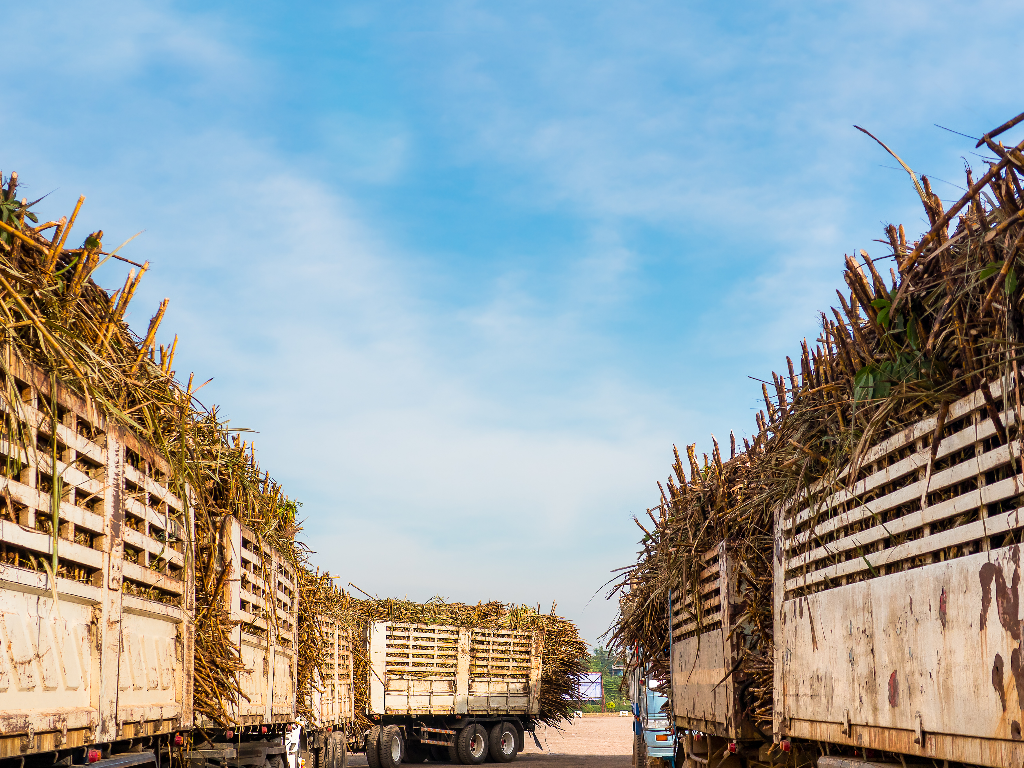Throughout the week, sugar prices across Eastern and Southern Africa remained largely stable, with South Africa being the notable exception. The South African markets saw a modest 1% price increase, primarily due to the Rand's appreciation against the US dollar. In terms of local currencies, however, sugar prices remained consistent across Eastern African countries. Kampala now offers the lowest price for VHP sugar at USD 689, just below Mogadishu’s USD 690. This price drop in Kampala is driven by increased sugar stock levels and export restrictions in the Kenyan market.
Somalia and Djibouti continue to benefit from importing low-quality white sugar from Brazil, which has remained the most cost-effective option for the Horn of Africa for several months. Last week, Brazilian sugar provided a positive import parity of USD 3 per ton in Djibouti and USD 5 per ton in Mogadishu. Conversely, imports of refined sugar from India and the UAE showed potential negative import margins. Kenya also faced potential negative import parities from most sources, including USD -124 from the EAC and USD -116 from COMESA FTA markets.
In regional news, Egypt has announced a new strategy to achieve sugar self-sufficiency. The Ministry of Agriculture’s Sugar Crop Research Institute plans to boost sugarcane production using a new seedling system focused on high-quality seeds. This approach is expected to increase yields per acre and reduce the country's dependence on sugar imports, which currently make up for a 700,000-ton annual shortfall.
In Uganda, the Kikuube District has banned small-scale sugarcane farming to tackle food and nutritional insecurity, as many farmers have shifted focus from essential food crops to sugarcane. Under the new directive, farmers with less than four acres of land are prohibited from growing sugarcane and encouraged to cultivate crops like maize, bananas, and coffee instead.
Port activities for the week included several refined sugar shipments destined for Dar es Salaam and Bossaso, while 27,000 MT of VHP sugar from Brazil was en route to Mogadishu.
All in all, sugar prices across the region remained stable, with minor fluctuations caused by currency shifts, such as the Rand's appreciation in South Africa. Kampala now offers the lowest VHP sugar price, a result of increased stocks and restrictions in the Kenyan market. Somalia and Djibouti continue to benefit from affordable Brazilian sugar, keeping prices low in the Horn of Africa, while Kenya faces negative import parities from all sources.

